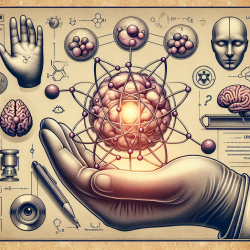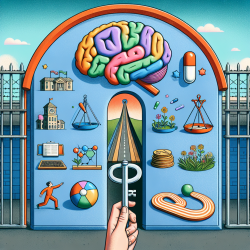Understanding the Role of MicroRNAs in Depression
Depression, a complex mood disorder, affects millions worldwide. Recent research has uncovered the significant role of microRNAs (miRNAs) in depression, offering new insights into potential therapeutic targets. The review article "Therapeutic Implications of microRNAs in Depressive Disorders: A Review" highlights the intricate relationship between miRNAs and depression, emphasizing their potential as biomarkers and therapeutic targets.
MicroRNAs: The Hidden Players
MicroRNAs are small, non-coding RNA molecules that regulate gene expression at the transcriptional and translational levels. They are involved in various biological processes, including neuronal signaling pathways. In the context of depression, miRNAs can influence the expression of neurotransmitters like serotonin, norepinephrine, and dopamine, which are crucial for mood regulation.
Therapeutic Potential of miRNAs
miRNAs have emerged as promising therapeutic targets for depression. They can modulate the expression of genes involved in neuroplasticity, synaptic connectivity, and neuronal survival. For instance, miR-16 targets the serotonin transporter, influencing the efficacy of selective serotonin reuptake inhibitors (SSRIs), a common class of antidepressants.
Additionally, miR-135a has been shown to regulate early stress responses, and its manipulation could lead to novel therapeutic approaches for anxiety and depression. The review suggests that targeting specific miRNAs could enhance the effects of existing antidepressants or lead to the development of new treatments.
Encouraging Further Research
While the current research provides a foundation for understanding the role of miRNAs in depression, further studies are needed to explore their full therapeutic potential. Practitioners are encouraged to stay updated with ongoing research and consider the implications of miRNAs in their clinical practice. Collaboration with researchers and participation in clinical trials could accelerate the translation of these findings into effective treatments.
Conclusion
MicroRNAs represent a new frontier in the treatment of depression. Their ability to regulate gene expression and influence neurotransmitter pathways makes them attractive targets for novel therapeutic strategies. As research progresses, miRNAs could become integral to personalized medicine approaches, offering tailored treatments based on individual genetic profiles.
To read the original research paper, please follow this link: Therapeutic Implications of microRNAs in Depressive Disorders: A Review.










